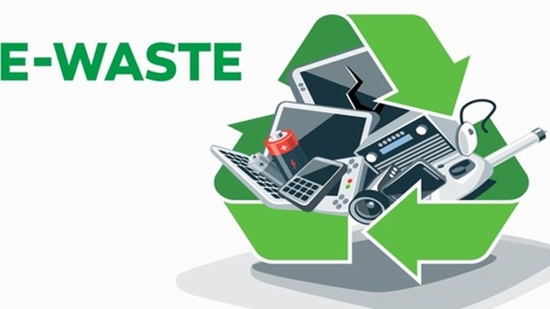Resilient socio-technical systems for adaptive consumer e-waste management

The rapid advancement of Information and Communication Technologies (ICT) and Emerging Technologies (ETs), such as block chain, artificial intelligence (AI), and the Internet of Things (IoT), has created new opportunities to enhance public engagement and governance. The emergence of Emerging Technologies (ETs) further amplifies these capabilities, promising a deeper citizen engagement in public matters, co-creation of policies, and equal involvement in governance alongside public institutions, particularly in crisis management and enhancing accountability and transparency in public administration. The growing volume of consumer electronics waste necessitates effective management strategies that specifically target recycling, disposal, and consumer behavior to minimize any environmental impacts.
The growing volume of consumer e-waste necessitates effective strategies for maximizing recycling rates, ensuring responsible resource management, and minimizing environmental and health risks. This intertwined narrative of technological advancement and environmental challenge underscores the critical juncture at which society stands: leveraging technological innovations not only to bolster democratic processes and governance but also to confront and manage the burgeoning issue of e-waste through responsible and sustainable practices.
In the context of e-waste management, community resilience is deemed crucial for enabling communities to adapt to and mitigate challenges arising from e-waste. Effective adaptation involves more than just managing environmental impacts; it includes an active participation in reducing e-waste through proper disposal practices, recycling, and other sustainable actions.
Reference
Bo-Cheng Yang, Chun-Hung Lee, I Wayan Koko Suryawan, Resilient socio-technical systems for adaptive consumer e-waste management, Sustainable Cities and Society, Volume 118, (2025), p:106026.
Author: Samira Sheikhi





comment